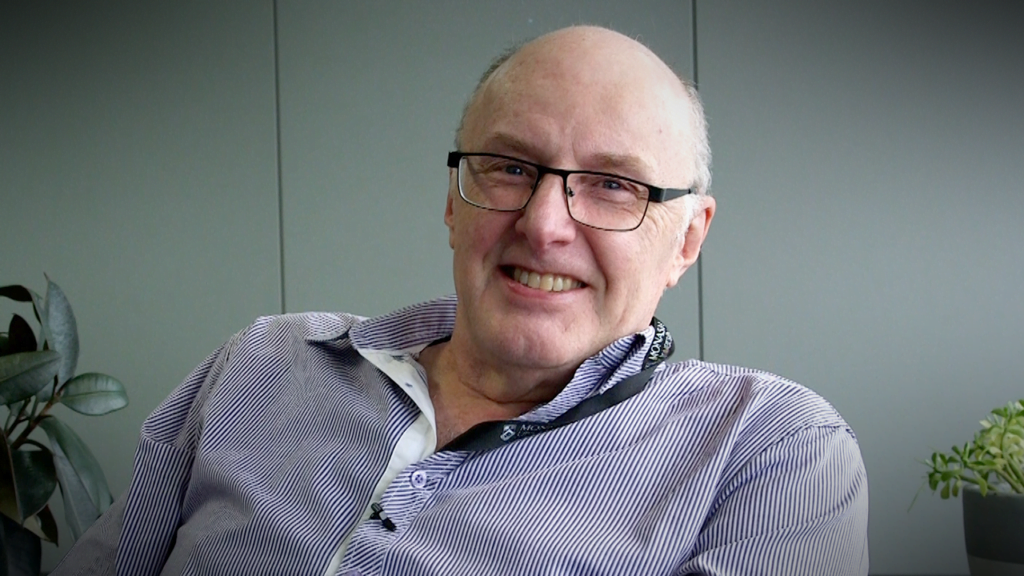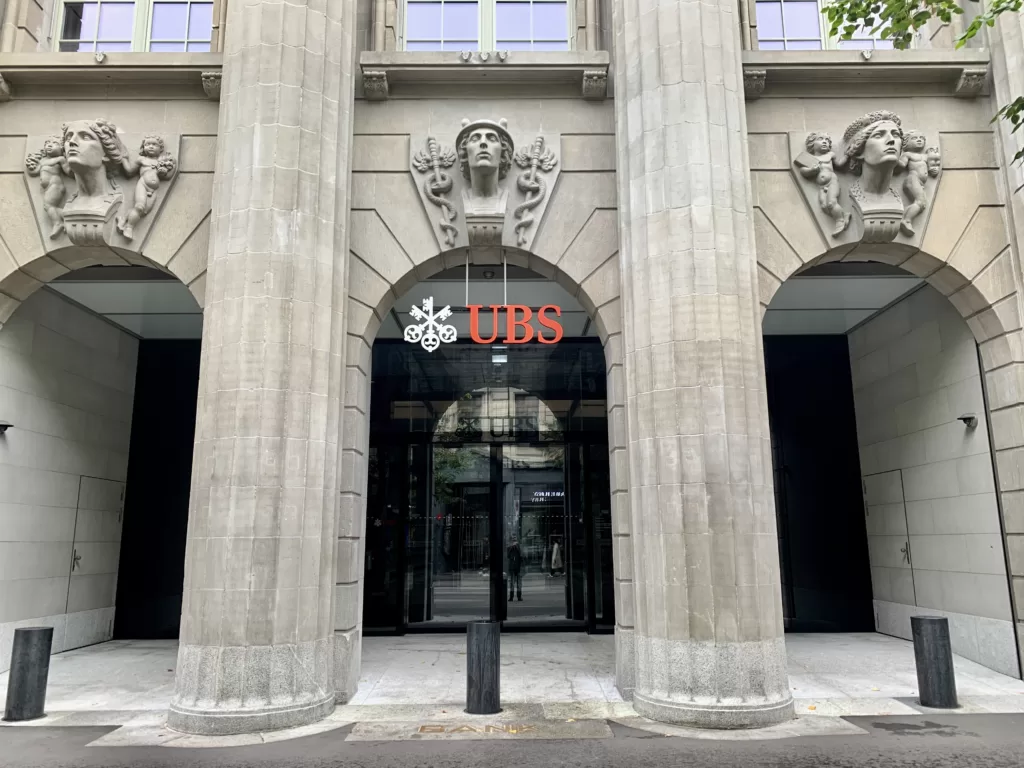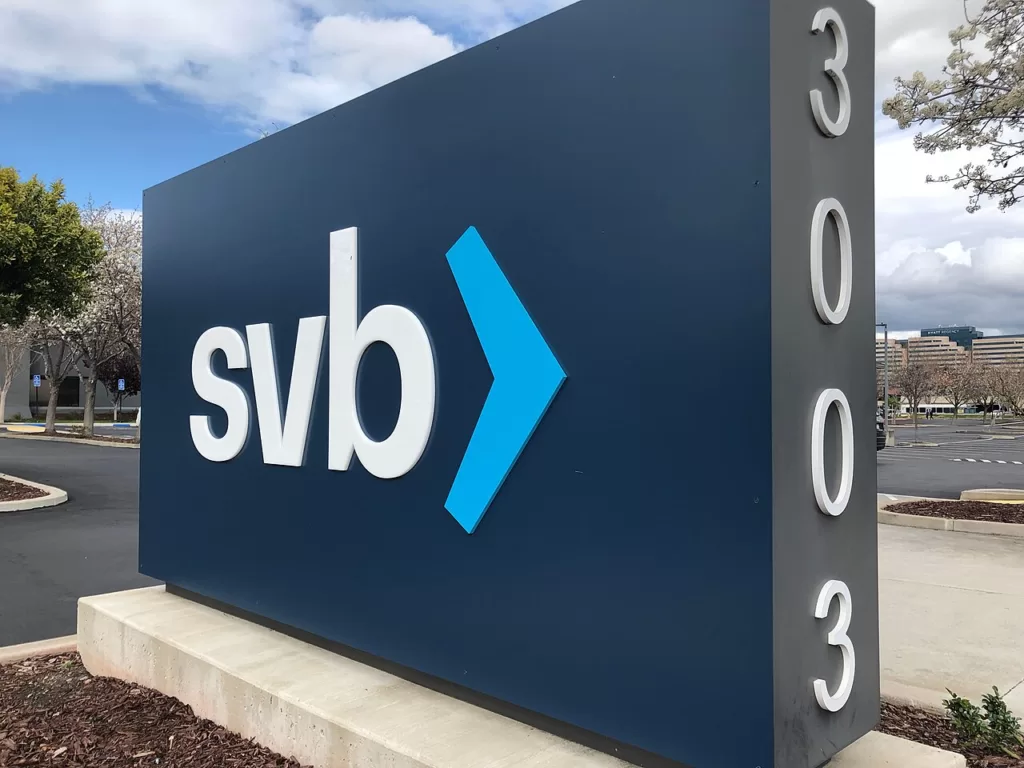Video: What’s the problem with the global banking system and how do we fix it?
Monash University's Barry Williams says as technology changes our world it will change our banks too.
 Barry Williams, Monash University : Michael Joiner, 360info CC by 4.0
Barry Williams, Monash University : Michael Joiner, 360info CC by 4.0
Monash University’s Barry Williams says as technology changes our world it will change our banks too.
Associate Professor Barry Williams from Monash University breaks down the pressures and strains weighing on the global banking system.
Since the failure of Silicon Valley Bank and the acquisition of Credit Suisse by UBS earlier this year, central bankers and business leaders around the world fear the world economy could tip into a recession. If it does the banking system will need to be strong to survive it.
Barry Williams from Monash University says that the system is undergoing a crisis of confidence flowing on from the recent failures in the industry.
Transcript:
Quotes attributed to Associate Professor Barry Williams, Department of Banking and Finance, Monash University
“Because we’re already getting forecasts of recession. The regulators will hopefully in most countries be working with the banks to look at their books as we call them. There is a process called stress testing which occurs pretty much annually now. Many of the bank failures we occur, we’ve seen occurring are either due to a lack of capital or a lack of liquid assets like Silicon Valley Bank or the wrong sort of liquid assets. And this provides the space to deal with the problem. So we will find out the hard way in some cases, the question will be then also transmission risk.”
“The banking system as it’s regulated properly, should hold enough capital as the economic cycle changes. The problem is sometimes we fail to learn from history, which is part of my job to remind people of these problems and say, look, we do really need to build up this buffer of capital but a buffer of capital is expensive. And so of course, we don’t want to hold too much of it just in case. So we have a series of plans in place. We have a series of ideas in place like capital buffers, holdings of capital.”
“My personal concern is that some of those buffers have declined over the last few decades since the GFC experience.”
“In the case of the current crisis of confidence, we’ve had this situation. Well, in part, it’s a fear of what’s going to happen next and will the bank survive. And in part, it’s driven by what happened with Credit Suisse. Credit Suisse effectively made a series of mistakes in a world with information asymmetry, so we reached the point well, what’s next?”
“Can we tell they’re really fixing themselves because they’ve said they’re doing a better job each time and then they have another crisis and they said they’re going to address it and then they had another crisis? And banking is in effect about trust, the trust that when we tap that card, and go online, the money is there and we can use it.”
“And in effect with Credit Suisse people just simply said, we don’t trust the management anymore and it reached the point, a tipping point where the crisis of confidence, the reputation capital of the bank reached a point where it was no longer going to be viable in its current form and something had to be done.”
“We’ve got to remember that just like my analogy of toothpaste or other necessities, we need the banking system. The alternatives are costly, inefficient and we just don’t want to go there. We like to be able to just tap our card. We rely on that easy movement of cash. Now, electronically and the banks provide an essential service.”
“We need the banks to land on their feet. It doesn’t necessarily mean that we want every bank to survive. If they’ve made bad commercial decisions, the shareholder should bear those costs. We want the system to keep working.”
“Looking to the future, we know it’s going to be change. Technology is going to be a word that we’ll be dealing with and change. So, it’s a question of how well we manage the technological process. There will be mistakes made.”
“The technological change. Well, we can’t predict it, but we’ve got to know that we going to have to respond and react to it. And the banks need to have in place processes which are robust enough to both embrace the change and overcome the occasional mistake.”
“You know, the attention on technology should act alongside the importance of ethical conduct, having a robust internal culture which focuses on doing the right thing for society. These are elements that we need to keep on reminding ourselves are important. The bottom line isn’t just the metric we need to look for. The ethical bottom line is equally as important.”
“The sustainable bottom line responding to society, not lagging society but responding to the impact of the future in an ethical way. I think these are going to be the hallmarks of surviving institutions.”
Barry Williams is an associate professor of Banking in the Department of Banking and Finance at Monash University.
Originally published under Creative Commons by 360info™.










